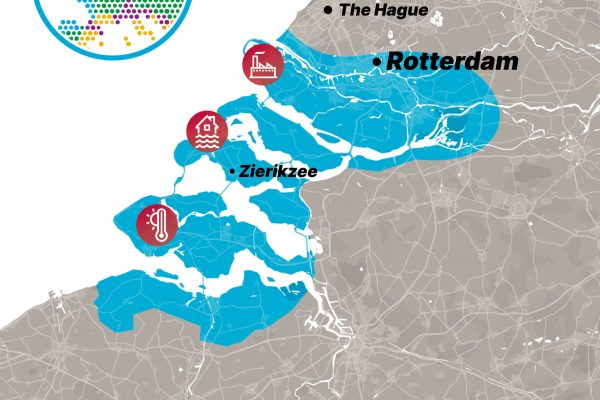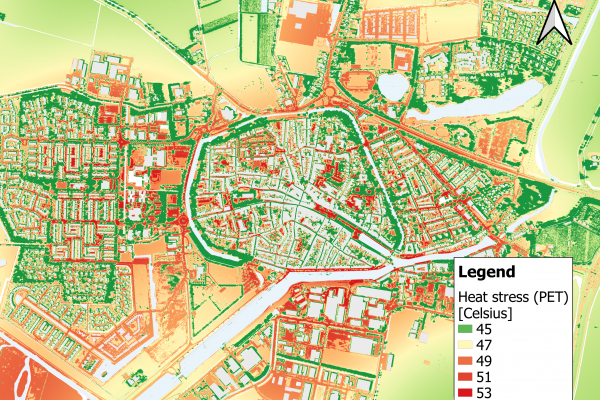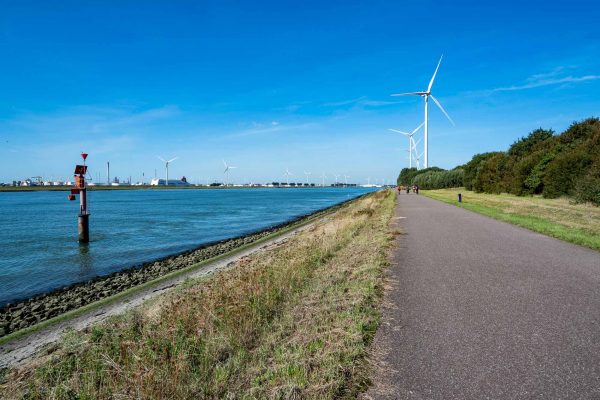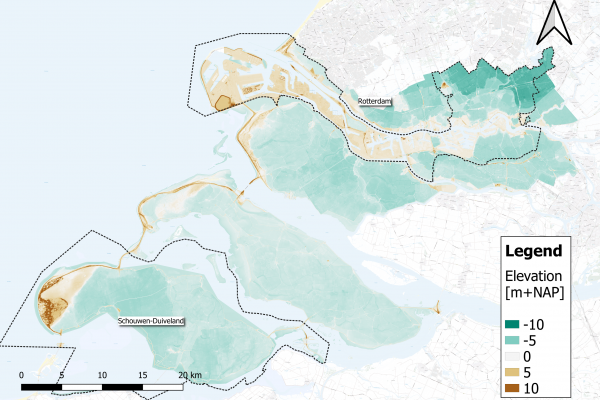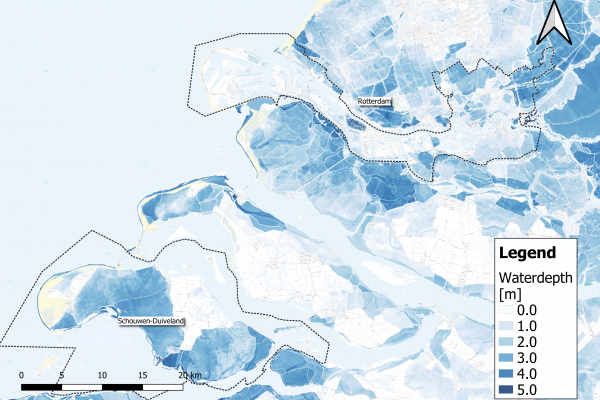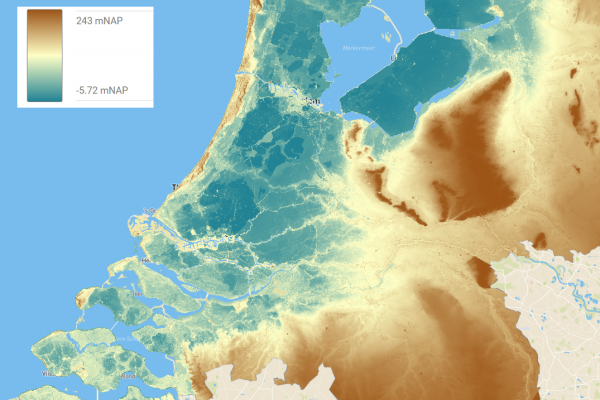As our weather becomes more unpredictable and extreme, how can communities adapt to the changing climate and influence the decisions made to protect homes, businesses, nature, and lives? The EU-funded IMPETUS project is developing a ‘Resilience Knowledge Booster’ approach that combines digital technologies and human interactions to help communities and policy makers make the best decisions. On 24-25 January 2023, IMPETUS participants met to review and agree the next steps to achieving the project’s ‘RKB’ approach and other core objectives.
Supported with a newly created animation that explains the IMPETUS RKB concept and context in simple terms, the meeting’s 20 participants explored the complexities of this ambitious project.
The project’s work areas take into account the diverse impacts of climate change at local levels, the solutions IMPETUS is testing in its seven demonstration sites around Europe, the data that must be gathered, processed and analysed to feed into the digital technologies that are being developed, and the aim to engage local, regional and other stakeholders in an ongoing co-creation process. The work encompasses many tasks and fields of expertise.
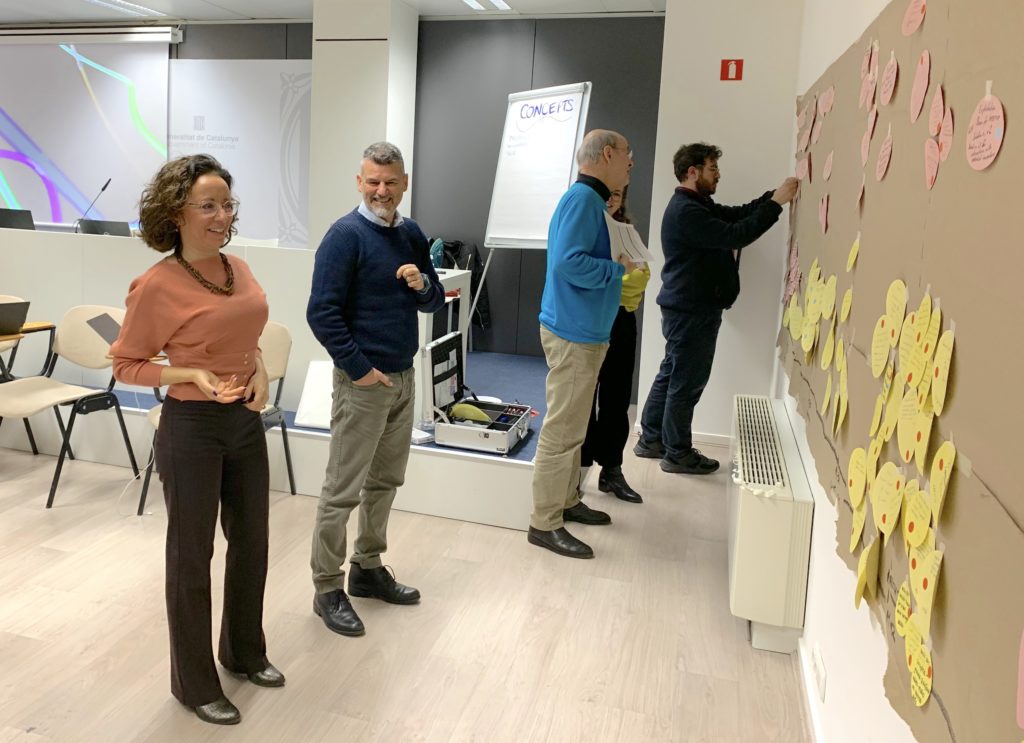
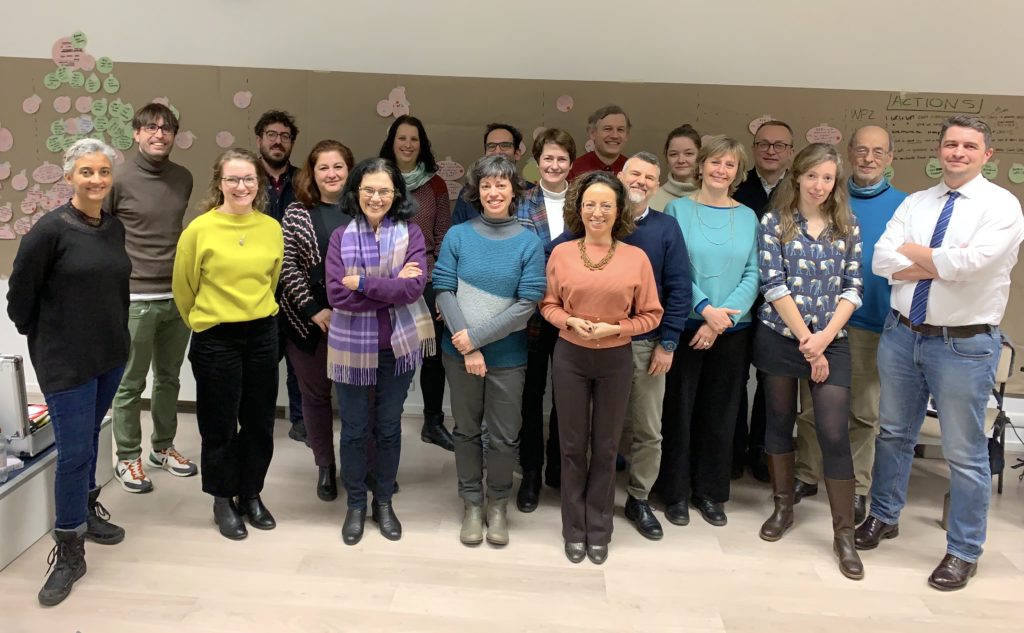
The workshop participants noted achievements of the project to date, including design of the functional framework for the digital dimension of the RKB approach, creation of the first digital tools, and initiation of stakeholder engagement sessions with local communities around the demonstration sites.
Demonstrating that the IMPETUS RKB approach boosts knowledge about what resilience to climate change means for the project’s demonstration sites is an important goal. Like a cookery book describes the methods, ingredients and tips to create all kinds of recipes, the RKB approach provides a framework that can be modified to produce various RKB ‘recipes’ for other communities. Using the appropriate combination of tools, relevant data, climate scenarios and local knowledge and activities, the RKB approach guides people living in any kind of biogeographical or climatic region to create the knowledge-building processes that will help them choose the best path towards climate adaptation.
Reminding IMPETUS participants of such bigger-picture ambitions was one of the purposes of the January meeting. The event strengthened understanding of the interplay between the technical and human-centric work areas and those that focus on the local level or on the project’s over-arching tools, concepts and collaborations as part of the wider European landscape of projects and policies towards climate change adaptation. It helped clarify terminology, interdependencies, workflows and actions for follow up, to turn climate commitments into action.
Further information
The January 2023 IMPETUS meeting was hosted at the offices of the Government of Catalonia Delegation to the EU in Brussels. The event was planned and prepared by project participants from Eurecat Technology Centre of Catalonia, KWR water research institute and ESCI, the European Science Communication Institute. The lead facilitator was Stefania Munaretto of KWR (pictured left in the first photo above).


